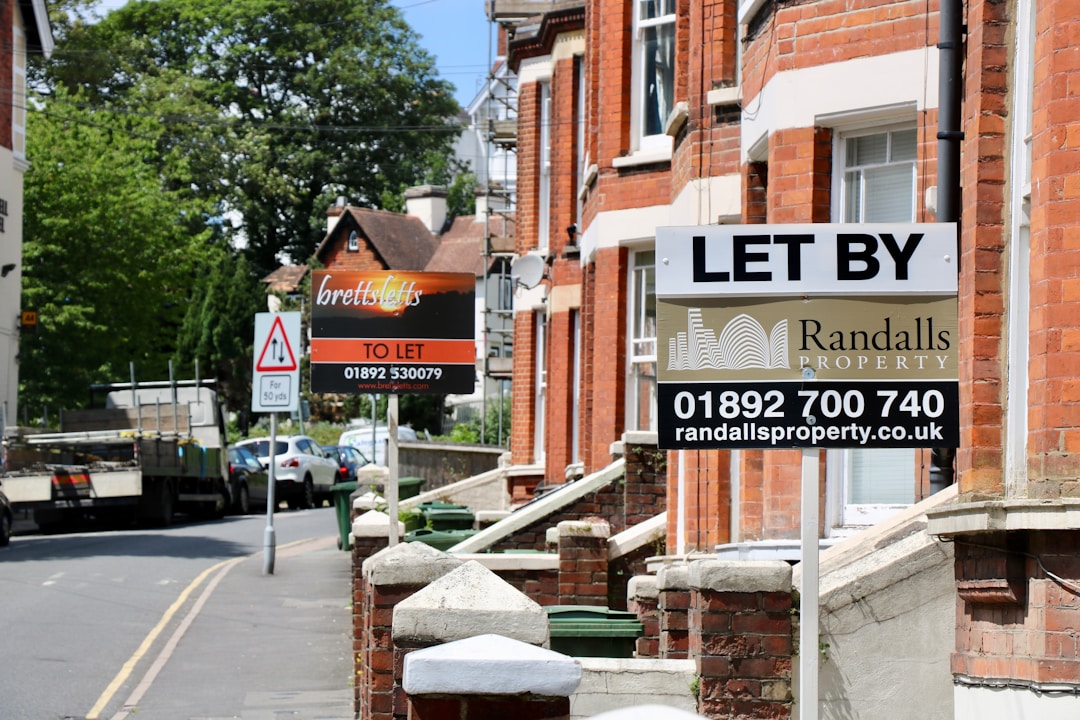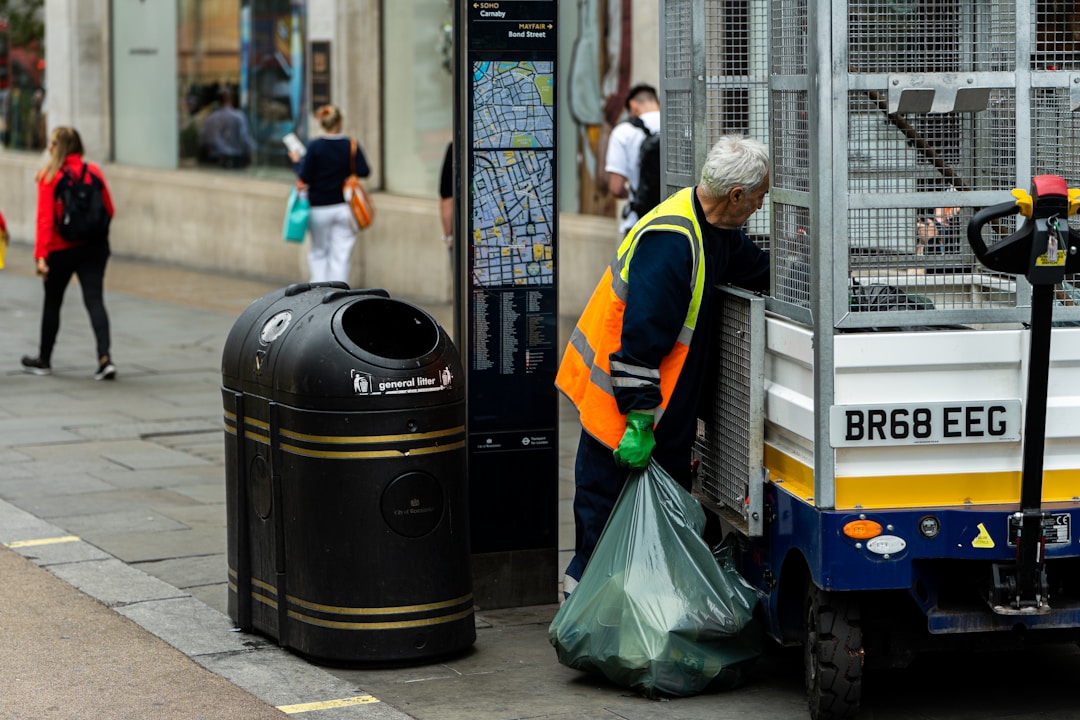
Visualisation made with flourish.studio

Rising levels of poverty and inequality harm children’s life chances. The odds are unfairly stacked against some people before they’re even born. Socio-economic deprivation leads to educational disadvantage in multiple ways. For example, deprived mothers are much more likely to be depressed or anxious during pregnancy, which harms the baby’s development, and deprived families are less able to afford nutritious food or adequate housing. As a result, children from disadvantaged backgrounds are behind their peers before they even start school, and COVID has made the gap even worse. Children in deprived households are much less likely to get a good education, for a range of reasons that are often outside the control of schools, ranging from home environments that are not conducive to learning, with fewer books and computers and less space, and much less access to out-of-school learning resources and opportunities, to having greater chances of experiencing conflict or having to move house regularly. By the time they leave primary school, disadvantaged pupils are even further behind their peers. By the time they take their GCSEs, pupils from disadvantaged backgrounds are more than 19 months behind their peers, due to the snowballing impacts of disadvantage on their educational attainment (and genetic differences only have a small impact).
Explore the context
Explore the arguments
Children with special needs are not well enough supported
 Children with special needs are not well enough supported
Children with special needs are not well enough supported

Genetic differences only play a small part in determining educational outcomes
 Genetic differences only play a small part in determining educational outcomes
Genetic differences only play a small part in determining educational outcomes

People from poorer backgrounds are less likely to get to and do well at university
 People from poorer backgrounds are less likely to get to and do well at university
People from poorer backgrounds are less likely to get to and do well at university

People from poorer backgrounds do less well at school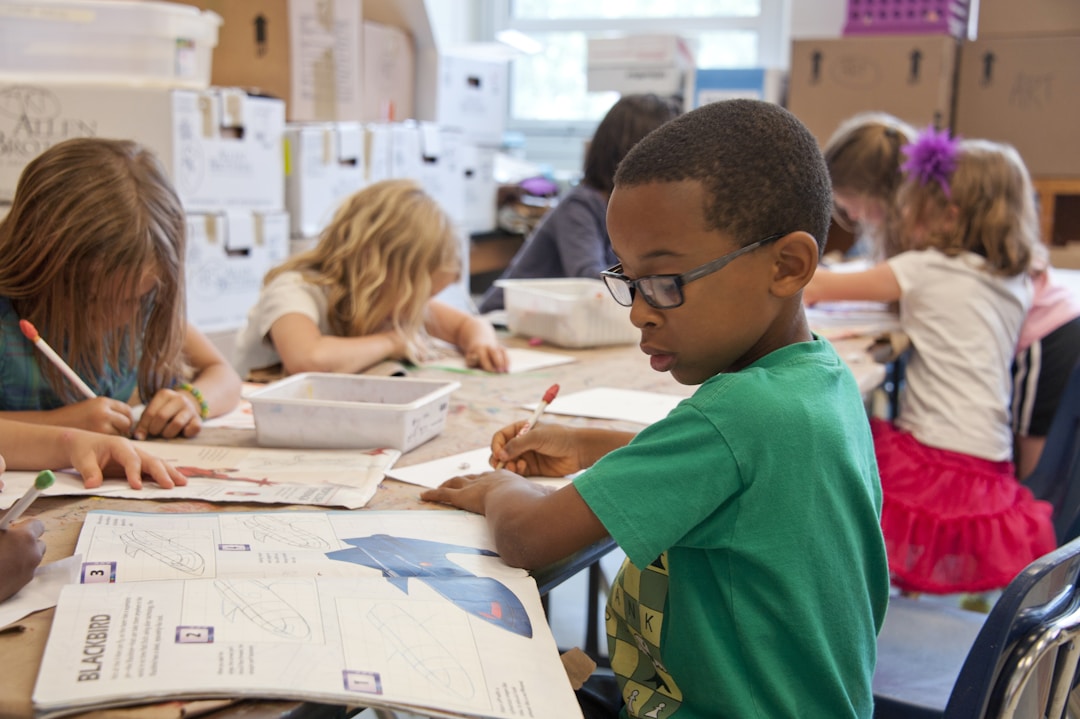
 People from poorer backgrounds do less well at school
People from poorer backgrounds do less well at school

Poor quality work undermines people’s physical and mental health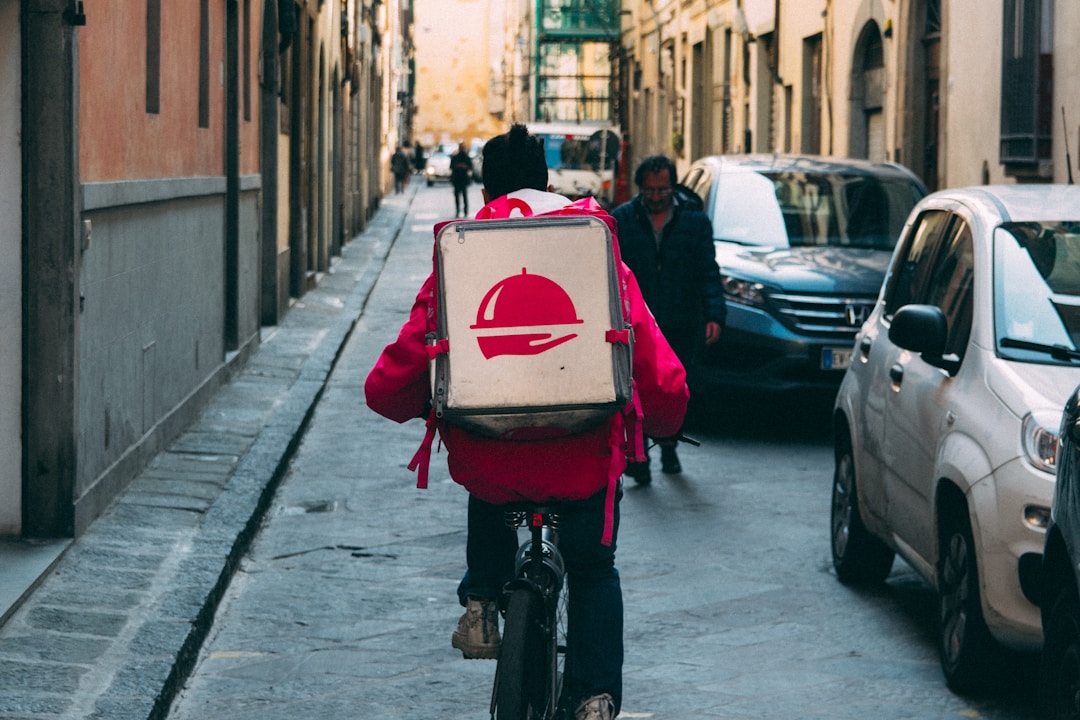
 Poor quality work undermines people’s physical and mental health
Poor quality work undermines people’s physical and mental health

Poorer people don’t have a buffer against economic shocks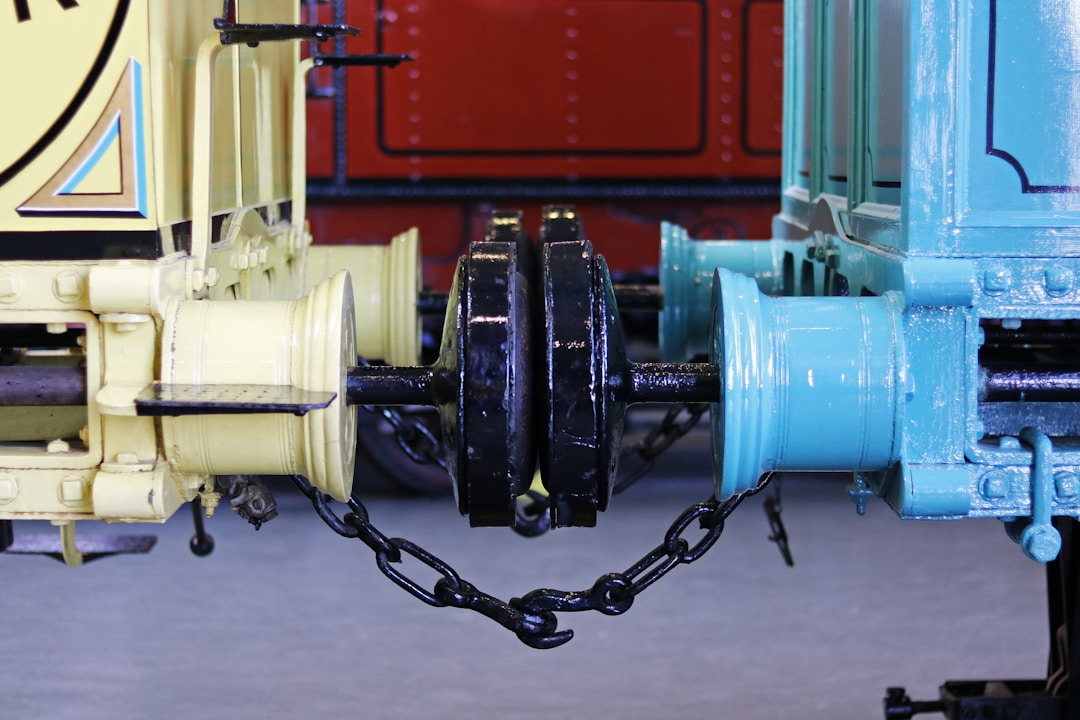
 Poorer people don’t have a buffer against economic shocks
Poorer people don’t have a buffer against economic shocks

Socio-economic inequality leads to environmental inequality
 Socio-economic inequality leads to environmental inequality
Socio-economic inequality leads to environmental inequality

Socio-economic inequality leads to health inequalities
 Socio-economic inequality leads to health inequalities
Socio-economic inequality leads to health inequalities

Socio-economic inequality leads to more crime and less effective criminal justice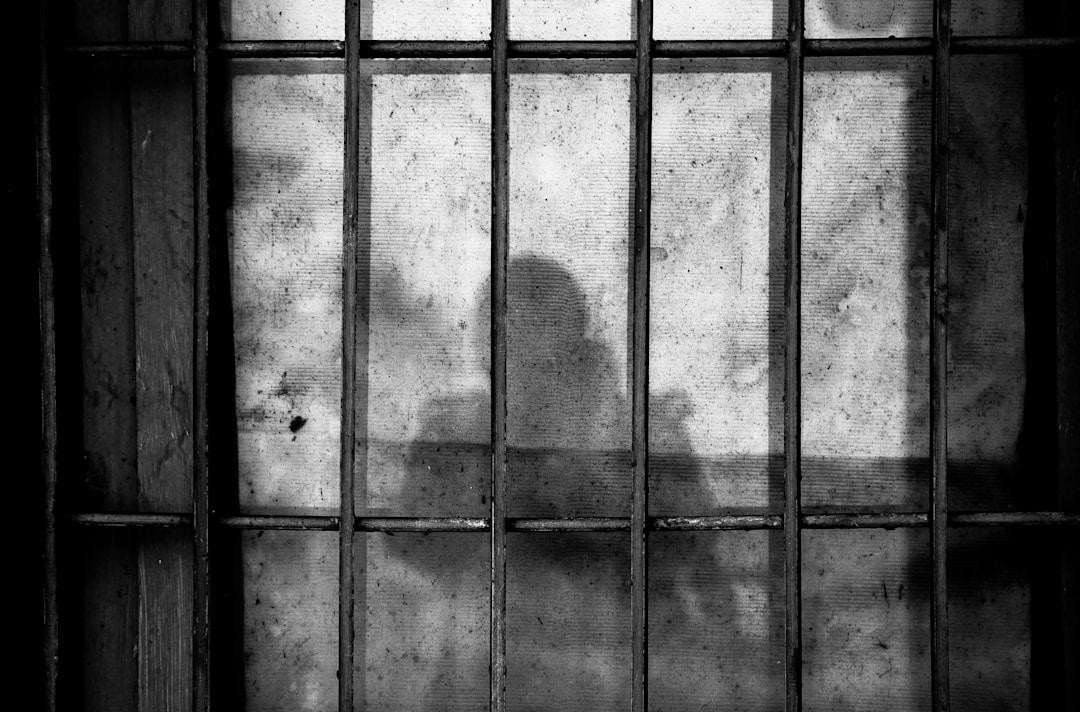
 Socio-economic inequality leads to more crime and less effective criminal justice
Socio-economic inequality leads to more crime and less effective criminal justice

Socio-economic inequality leads to political inequality
 Socio-economic inequality leads to political inequality
Socio-economic inequality leads to political inequality

The education system can never totally compensate for disadvantage
 The education system can never totally compensate for disadvantage
The education system can never totally compensate for disadvantage

The structure of our economy leads to huge regional inequalities
 The structure of our economy leads to huge regional inequalities
The structure of our economy leads to huge regional inequalities

There is little relationship between merit and reward
 There is little relationship between merit and reward
There is little relationship between merit and reward

Too many people are on low incomes and in insecure work
 Too many people are on low incomes and in insecure work
Too many people are on low incomes and in insecure work

Wealth inequality is much larger than income inequality
 Wealth inequality is much larger than income inequality
Wealth inequality is much larger than income inequality








